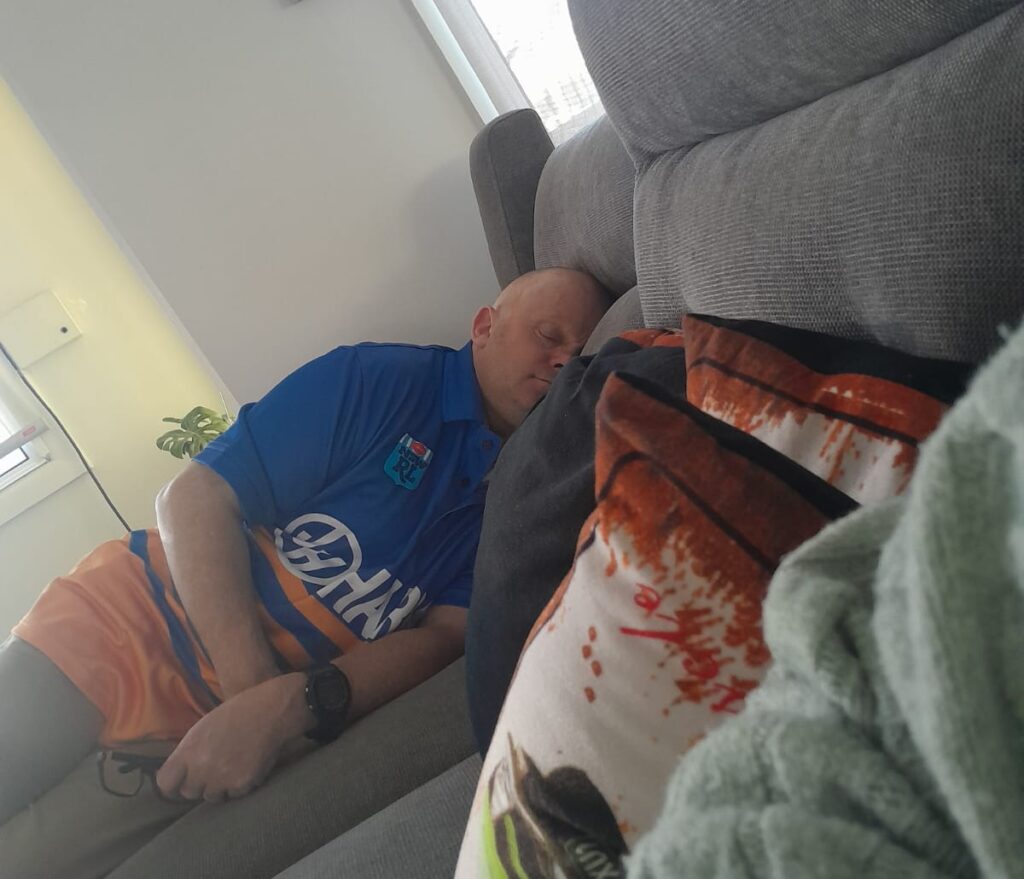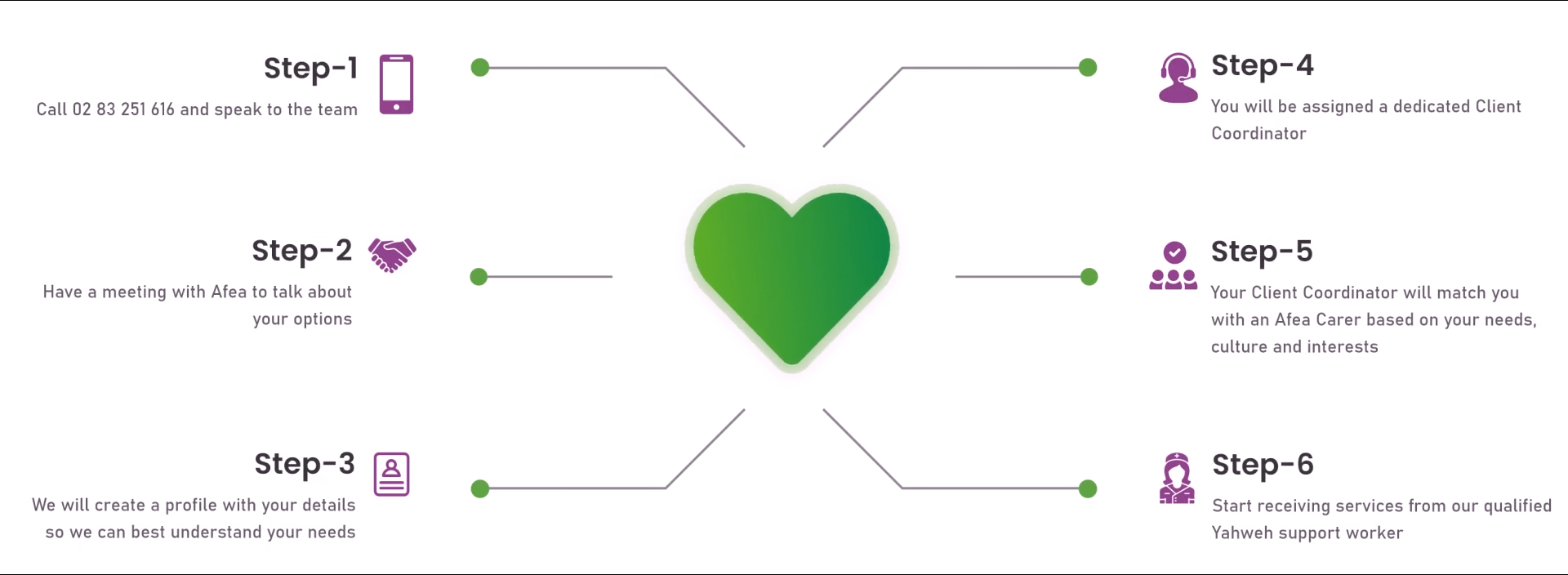The National Disability Insurance Scheme (NDIS) is a game-changer for every Australian citizen with autism. It gives you access to NDIS autism funding, NDIS services, and supports tailored to your needs. But to get the most out of it, you need to know how it works.

NDIS Support for Autism
Clearly, the NDIS is a government program for people with permanent and significant disabilities. So, if you have autism, you may qualify. Once you’re approved, you get a personalised support plan based on your goals and daily needs.
Unlike other support systems, the NDIS gives you more control. To illustrate, you choose how, when, and where your supports are delivered. That includes picking your service providers.
Is Autism Covered?
Yes. Autism Spectrum Disorder (ASD) is recognised under the NDIS. So, if your autism significantly affects your everyday life, you’re likely eligible.
The scheme uses a category system. Autism Level 2 and Level 3 are considered more severe and usually automatically meet access disability requirements. Level 1 may require more documentation.
National Disability Insurance Scheme: How to Apply
To get started, you’ll need to contact the NDIS or your Local Area Coordinator (LAC). Make sure your paperwork is clear. Because the more specific your evidence is, the smoother the process and approval.
Prepare your access request form with the indication of your disability support NDIS plan. It is essential that your permanent disability is truly affecting your functional capacity.
With that, you’ll need:
- A formal autism diagnosis
- Supporting documents and reports from psychologists, occupational therapists, or speech pathologists
- Details about how autism affects your daily life
What NDIS Won’t Cover
The NDIS doesn’t fund everything. It only covers what’s “reasonable and necessary supports.” So you need to prove that each support you ask for is directly linked to your autism and helps you meet your goals.
It won’t cover and pay for:
- Daily living expenses like rent or food
- Items already covered by other systems (like Medicare)
- Anything unrelated to your significant and permanent disability
What the Disability Insurance Scheme NDIS Can Fund?
Once you’re approved, the NDIS can fund a range of supports, which are divided into three main categories.
Core Supports
This funding gives you more independence and helps you participate in daily life. These help with everyday tasks. For example:

Help With Personal Care
Help with personal care means having support with daily activities like showering, dressing, grooming, or using the bathroom. If autism makes these tasks challenging, the NDIS can fund a support worker to assist you at home or in supported accommodation.
This helps you stay clean, safe, and independent in your daily routine.
Support Workers at Home or In the Community
Support workers at home or in the community can help you with everyday tasks, both indoors and outside. At home, they might assist with cooking, cleaning, or following routines.
In the community, they can support you with shopping, going to appointments, or joining social activities, so you feel more confident and connected.
Help Attending Activities or Appointments
Helping attend to everyday activities or appointments means having someone go with you to places like therapy sessions, medical appointments, or social events. A support worker can provide transport, remind you of schedules, and reduce stress in unfamiliar settings.
This makes it easier for you to stay involved and meet your goals.
Capacity Building Funded Supports
These supports aim to help you function better at school, work, or in the community. This helps you build skills and reach long-term goals. It may include:
- Occupational therapy
- Psychology or counseling
- Social skills training
- Help with communication
- Support to manage emotions or behaviour
Capital Supports
The focus here is on physical aids that improve your quality of life. This includes funding for:
- Assistive technology (like communication devices)
- Home modifications (such as sensory rooms or safety equipment)
National Disability Insurance Agency: Choosing Providers
Once you have your plan, you can choose your service providers. You don’t have to stick with NDIS-registered providers unless your plan is agency-managed.
Feel free to shop around. Because if something isn’t working, you can always change providers anytime.
Consider these when choosing:
- Are they experienced with autism?
- Do they listen to your needs?
- Can they tailor services to your goals?
How Much Funding Is Needed?
Each has pros and cons. Self-management offers the most flexibility if you want more freedom, but it comes with more administrative work.
There are three ways to manage your NDIS funding:
- NDIA-managed: The NDIS pays providers directly.
- Plan-managed: A plan manager helps you with invoices and records.
- Self-managed: You handle the budget yourself and pay providers.
How NDIS Helps at Different Life Stages
Early Childhood
If your child is under seven and shows developmental delays or autism traits, early intervention is key. The NDIS provides an early childhood approach and support even before a full diagnosis.
Supports may include:
- Speech therapy
- Occupational therapy
- Parent Coaching
- Play-based learning sessions
School-Aged Children
NDIS can help with learning supports, behaviour therapy, and social skill programs. Also, NDIS plan funds in-class aides to help with transitions between schools.
Teenagers and Young Adults
This stage focuses on independence. The NDIS can support:
- Daily living skills (like cooking or travel training)
- Support to find a job or volunteer work
- Mentoring and life coaching
- Help with further education
Adults
For adults, NDIS support shifts toward long-term independence. It may include:
- Supported employment
- Assistance with household tasks
- Community and social, and economic participation
- Relationship and communication support
Getting Help and Access Request
There are professional individuals who can help you prepare reports, set goals, and understand your options. Hence, don’t be afraid to ask questions or request changes if your plan isn’t working. In line with this, the NDIS can feel complex. But you don’t have to do it alone.
NDIS planning, meeting, and talking to someone who understands the process is a must.
You can get help from the following:
- Local Area Coordinators (LACs)
- Support Coordinators
- Autism advocacy groups
- Allied health professionals
Common Mistakes to Avoid
It is important that you stay active in the process. Since you know your situation best, you can work on it depending on your preference.
Here are things that trip up many people:
- Not including enough detail in reports
- Forgetting to link requests to autism
- Being too vague in your goals
- Not reviewing your plan annually
- Accepting services that don’t meet your needs

Final Thoughts
The NDIS can make a real difference in your life with autism. But it works best when you understand how to use it. Therefore, you have to be clear be specific, so you can take control of your plan.
You have the right to ask for very substantial support that matches your goals and needs. Don’t settle for less.
By learning how the system works, you can shape a plan that supports you on your terms. In case you need help, contact Yahweh Care on their NDIS website for immediate assistance. Their team of professionals will be happy to assist you and answer your questions accordingly.












